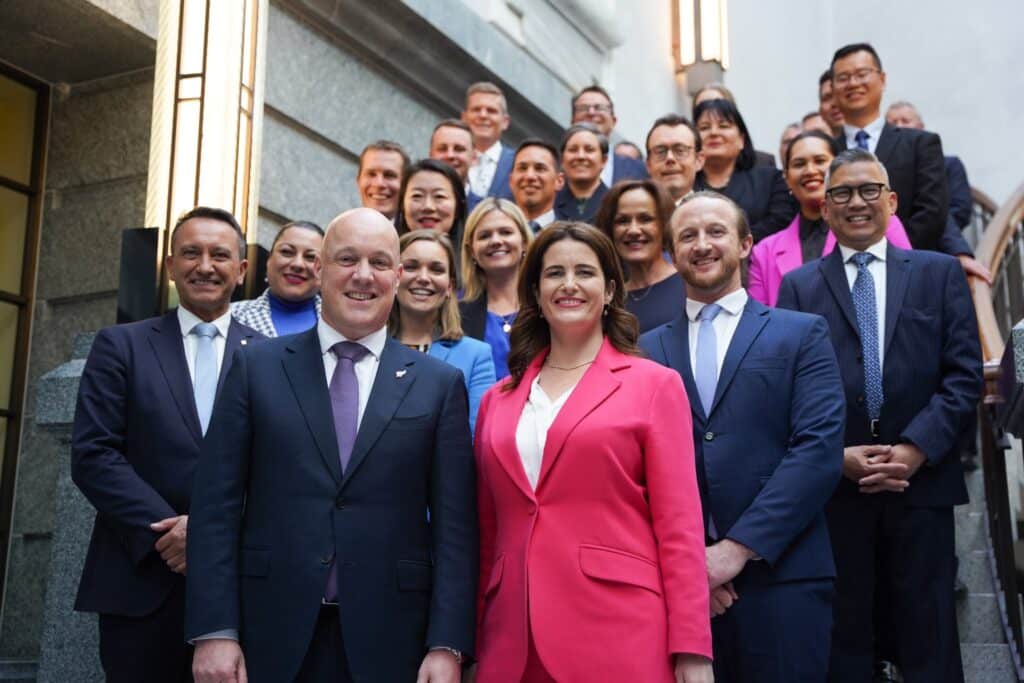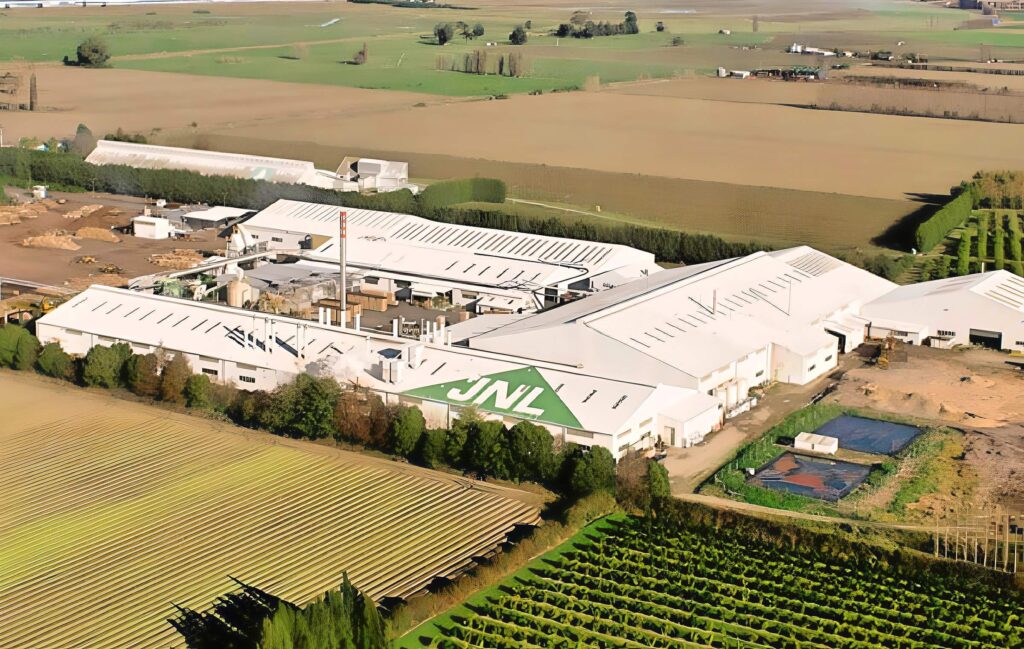New Zealand has vowed to introduce new reforms centred around “restoring certainty and confidence” in its NZ 2.8 billion log and timber industry – its fourth largest export market.
“This government will drive investment to unlock the industry’s economic potential for growth,” according to Todd McClay, New Zealand’s Forestry Minister. “Forestry’s success is critical to rebuilding New Zealand’s economy, boosting our GDP, and providing regional jobs in a highly productive sector.”
It comes just days after the government advised that major changes will be made to the Legal Harvest Assurance system, introduced as part of the NZ Forests Bill last year – with traders and forestry advisers no longer required to register with the government.

The government’s vision for forestry is focused on four main areas:
- Economic Growth and Employment: The government aims to spur economic growth within the sector by creating jobs and boosting exports.
- Low-Emission Solutions: The sector is expected to deliver low-emission solutions and products, contributing to the country’s climate goals.
- Land Use Resilience and Biodiversity: The government supports land use resilience, adaptation, and biodiversity, along with their social benefits.
- Carbon Removal: Forestry will be vital in providing carbon removals to support climate goals.
Minister McClay said the government plans to introduce a series of initiatives designed to support industry growth and deliver positive outcomes across the value chain.
“This includes working with the industry to increase onshore wood processing, opening new and improving access to existing trading markets, supporting sensible planting, easing burdensome regulations, enabling and supporting the development of new and innovative wood products, adjusting investment settings, and supporting New Zealand’s climate change goals.”
Todd McClay, New Zealand’s Forestry Minister
New Zealand to target domestic ‘onshore’ wood processing…
Up to 60% of New Zealand’s harvest is exported, with the Luxon government looking to increase domestic processing to enhance economic growth, create regional jobs, and double the value of exports within the next decade. In addition, Minister McClay stressed the importance of boosting access to overseas markets and addressing non-tariff barriers to provide market certainty for wood processors.
“Alongside domestic reforms, the government is working to expand access to overseas markets for producers to export high-quality wood products and address non-tariff barriers. This will provide the market certainty wood processors need to expand and innovate.”

The Government is also considering how to get the balance right for New Zealand’s broader forestry system: “It is important to ensure there is a sufficient pipeline of logs to support domestic wood processing as well as encouraging the planting of new trees on suitable land to meet our international climate change commitments,” Minister McClay said.
An independent review of the operational costs of the forestry component in the ETS was launched earlier this year. It will be followed up with a separate assessment of cost recovery fees to be considered for the 2024/25 financial year.
“We want to ensure the ETS is cost-effective and efficient for participants.”
“We are also working swiftly to remove unnecessary regulatory burden on forest businesses, recently announcing the repeal of legislation requiring the registration of log traders and forestry advisers. This will remove the pressures of unnecessary costs on forest businesses.”






